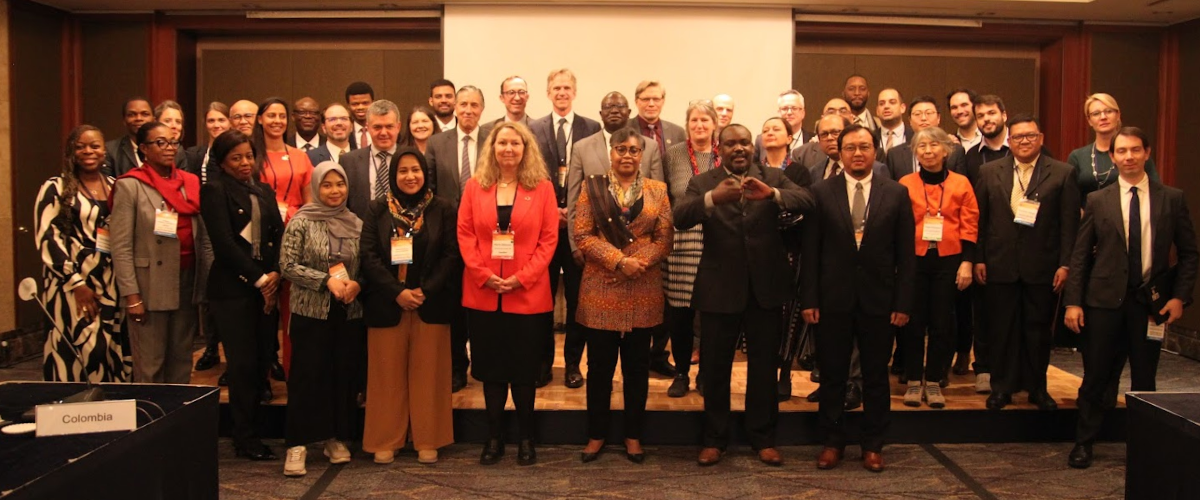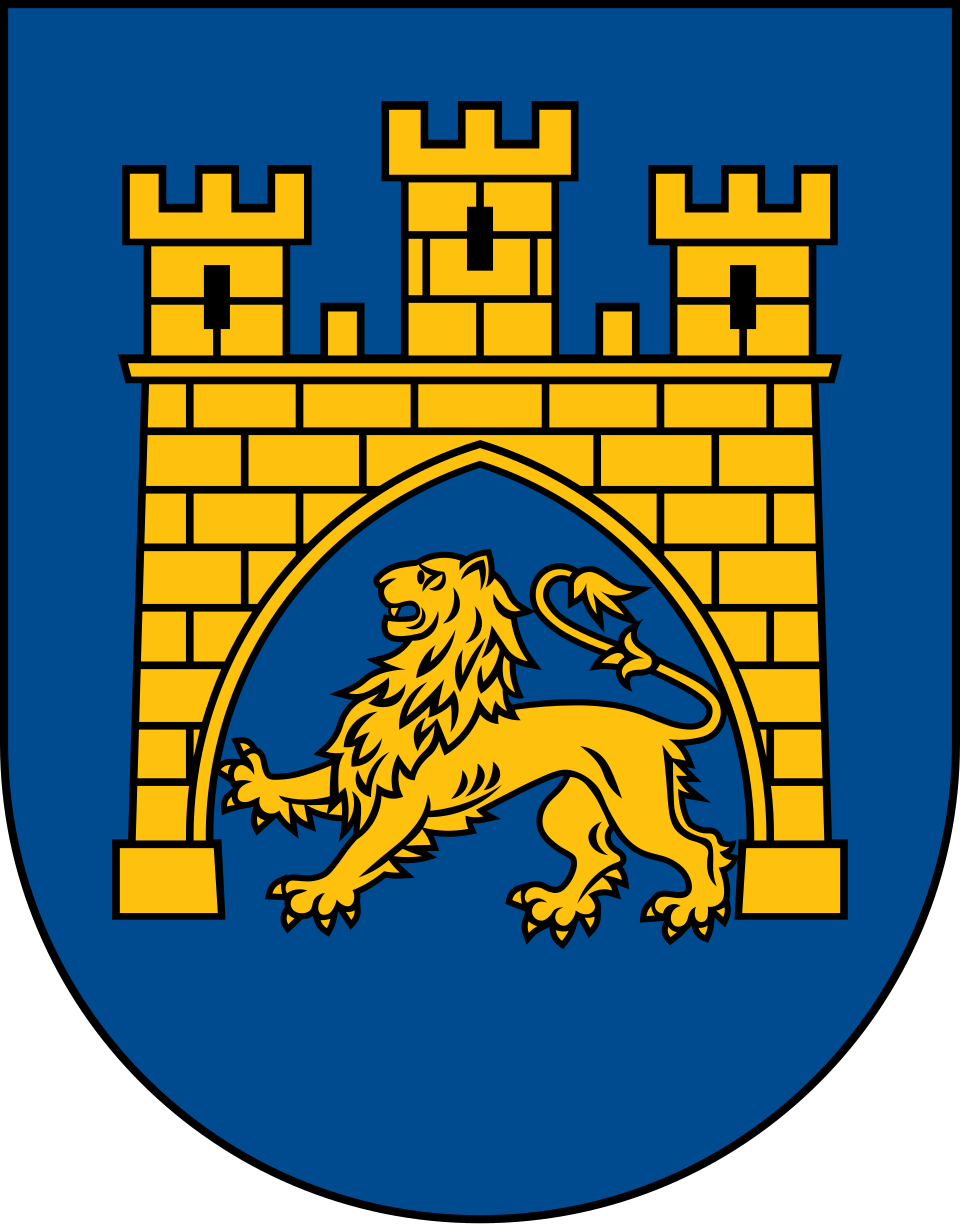ORU Fogar calls for cooperation to strengthen regional gov. in the South

During their participation in the Busan Forum of the Global Partnership for Effective Cooperation, ORU Fogar's Vice-President and Secretary General, Ahmed Youssouph Bengelloune and Carles Llorens, did not miss the opportunity to call on international cooperation to provide greater support to the regions of the South.
This meeting, held in Seoul, the capital of the Republic of Korea, was the most important cooperation meeting since the one that had also been held in Korea, in the city of Busan, in 2011. This time, 52 countries participated and it was attended not only by high-level representatives of the United Nations and the European Commission, but also by the most important national cooperation agencies, from USAID of the United States, Canada, Switzerland and Sweden, as well as prominent private donors and philanthropic organisations.
It was an occasion to reaffirm the principles of partnership effectiveness: country ownership, inclusive partnerships, focus on results and transparency and mutual accountability. Marie Otosson, Swedish co-chair of the Partnership, put it very clearly: "These principles are more significant today than ever. They are an agenda to follow to achieve the Sustainable Development Goals. They are the commitment we must make to get to 2030 with our homework done". In the same vein, African co-chair Vitalice Meja said: "The principles of effectiveness are central to the development agenda. There is no choice but to be effective. For all these reasons, they pledged to make a renewed effort to disseminate the principles "among governments, but also among all actors involved in cooperation".
The Global Partnership (driven by the OECD and UNDP) has always been very inclusive and, despite being country-driven, has always involved civil society, the private sector and, especially, local and regional governments. The 2023 Busan Forum was no exception and reiterated that "in this area, everyone has a role to play". Thus, much has been said about the need to monitor cooperation policies, but the Forum has been, in any case, a call to action.
ORU Fogar has always participated in the Effectiveness debate. It was already in Busan in 2011, where it ensured that the final declaration cited for the first time in an international document the important contribution of decentralised cooperation. From that meeting, the Global Partnership was born and, in the Fifth Meeting of its Executive Committee, held in Nigeria in 2014, it approved the incorporation of ORU Fogar as a representative of the regional governments.
Given this trajectory, ORU Fogar's interventions attracted unprecedented attention, being the voice of the regions in a global space where national governments are the main actors. Ahmed Youssouph Bengelloune, President of the Association of Senegalese Regions, stated emphatically that, on the road to achieving the SDGs, effectiveness depends on regional governments, "as we are the closest to the population and we are the ones who experience the dynamics of the territory in a very direct way". Expressing it in a very practical example, the president of the Kaolack Council said: "Any work that the central government carries out in 3 years, we do in 20 months. This is what efficiency is all about.
Ahmed Youssouph Bengelloune called on the partners present at the forum to simplify administrative and bureaucratic procedures for accessing funds and projects. "African governments do not have the technical capacity to access certain funds, because of the complexity of the calls for proposals. There must be positive discrimination for African governments.
ORU Fogar's Secretary General, Carles Llorens, who had already participated in the 2011 Forum, expressed himself in a similar vein. "We must ask the present cooperation, all cooperation: that of the European Union, national cooperation, but also decentralised cooperation, to help us strengthen the regional governments of the South, because the regions are crucial actors for the implementation of the SDGs".
Llorens recalled the recognition of decentralised cooperation that took place in 2011 and explained that, despite all the crises, since then, it has not stopped growing (a study by the Basque Government points out that in 2020 it will amount to 2,703 million dollars). ORU Fogar's Secretary General highlighted the paradox that even this cooperation - the cooperation of the regions - is not helping to strengthen the regional governments of the South. "Regional governments in Belgium, Spain, France, Canada, the German lands... are working with NGDOs, sometimes even with central governments, but rarely with regional governments. We should ask these regional governments to help us strengthen regional governments in Africa, Latin America and Asia. They need not only financial support, sometimes just technical support and capacity building is enough.










































































